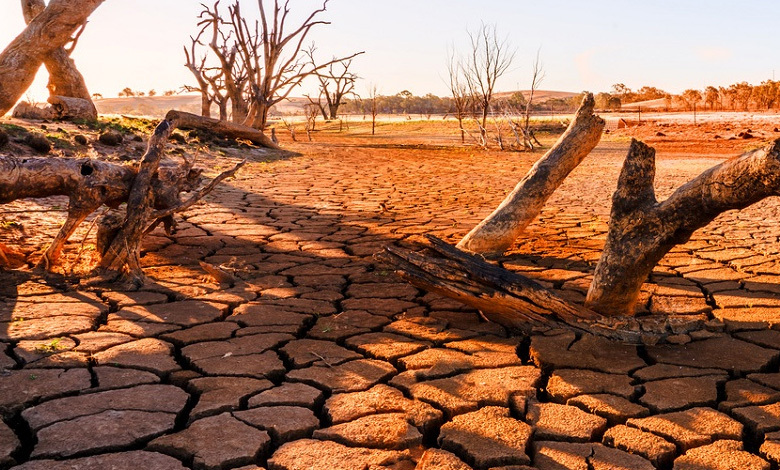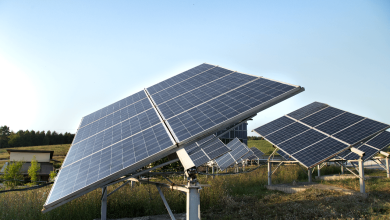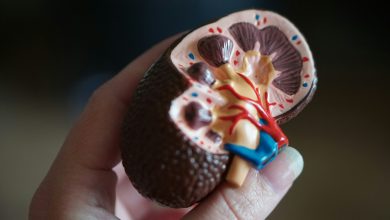Climate Crisis and Agriculture: COP Puts Farming in the Spotlight

Research has shown that the climate crisis is putting a third of the world’s food supply at risk, but our food systems are also a major cause of the climate’s breakdown. According to the Intergovernmental Panel on Climate Change, greenhouse gas emissions from farming and the land use changes that frequently go along with it, like clearing forests and drying out wetlands to make room for crops and livestock, account for more than a fifth of the world’s carbon output.
However, conversations about the vulnerability and effects of the world’s food systems are limited to the fringes of the yearly UN climate change negotiations.
This is partly because UN responsibilities are divided, with food falling under the purview of the Food and Agriculture Organisation (FAO), which organises its own summits, like the July Food System Summit in Rome. Threats to food systems include more than just climate; traditionally, economics and geopolitics have operated very differently from how they do in climate negotiations.
There are a lot of differences this year. There will be a dedicated food day for the first time, and during the two weeks of the Cop28 negotiations in Dubai, which are being chaired by the United Arab Emirates, food, agriculture, and water will be the main topics of at least 22 significant events. Additionally, the talks will take place in ExpoCity at a special Food4Climate pavilion.
The FAO will also be outlining for the first time the adjustments that food systems will need to make in order to stay within the internationally agreed-upon limit of 1.5C above pre-industrial levels. Beyond that point, the effects of the climate crisis on food systems will become rapidly catastrophic and, in certain cases, potentially irreversible.
This study is predicted to demonstrate that, in order to meet goals to halve emissions by 2030 and achieve net zero emissions by 2050, animal farming—for both meat and dairy—needs to be restrained from its ongoing global expansion.
“Historically, cops have greatly disregarded the role of farming—both as a primary cause of global warming and as a potential remedy for it, as well as in light of the enormous effects that climate change is having and will continue to have on farming communities worldwide,” stated World Resources Institute’s Edward Davey. It would be historic, he said, if world leaders could get together to talk about their commitment to examine the relationship between food and climate.
According to campaigners, any action would need to go far beyond a declaration and include funding for adaptation as well as loss and damage that would be allocated to smallholder farmers in the developing world. Farming subsidies in the west would also need to be changed in order to reduce methane emissions specifically.
According to Davey, substantial cuts in meat and dairy consumption should unquestionably be a component of the pledges made by many wealthy nations, like the US and the EU, to address the climate catastrophe. However, the primary focus of food and farming in other, less developed countries, where rates of per capita consumption of meat and dairy products are frequently very low, is much more on food security, nutrition, adaptation, and resilience—a dynamic that the proposed declaration directly addresses.
It is noteworthy that Sultan Al Jaber, who has been heavily criticised for his dual roles as the president-designate of the Cop and the UAE’s minister for advanced technology, as well as the CEO of the country’s oil company, Adnoc, is very interested in food-related issues. In interviews, he told the Guardian that considering emissions from all sources, such as land use change and agriculture, is necessary because concentrating only on those from fossil fuels is insufficient.
Read More: Hurricane Havoc: Climate Change Speeds Up Atlantic IntensificationBy the way, not all of the causes of climate change are related to petrol and oil. Furthermore, you are aware that 30% of the total comes from industry and 30% from agriculture. When defining the sources of carbon emissions, we must exercise caution. Thus, we must mobilise people everywhere to stand up against carbon emissions in solidarity. We must maintain our laser-like focus on decarbonization.
Food experts warn that technological solutions—however alluring they may be to politicians—must not take the place of addressing the real problem with western diets and their effects, with regard to methane from cattle raised for food and dairy, as well as the waste and reckless overuse of resources involved.
Food justice scholar and Stuffed and Starved author Raj Patel said, “From treating cow burps to robotic weeders, none of the false solutions on offer at Cop27 come close to stopping the industrial food production from being an engine of planetary destruction.” “Governments and agribusiness provided a number of patent-protected fixes meant to maintain rather than alter the food system.”Advocates anticipate that Cop28 will provide a genuine conversation about why the western diet, which is exported to developing and middle-income nations worldwide, is fundamentally unsustainable and what steps can be taken to address this.
Head of UK advocacy and campaigns at Christian Aid Jennifer Larbie stated, “How we farm sustainably and ensure the people that need food the most can get it, should be a major priority for leaders in Dubai.” “If we are to limit global warming, we must address the emissions from farming at Cop28, as they are a major contributor to the climate crisis.”



